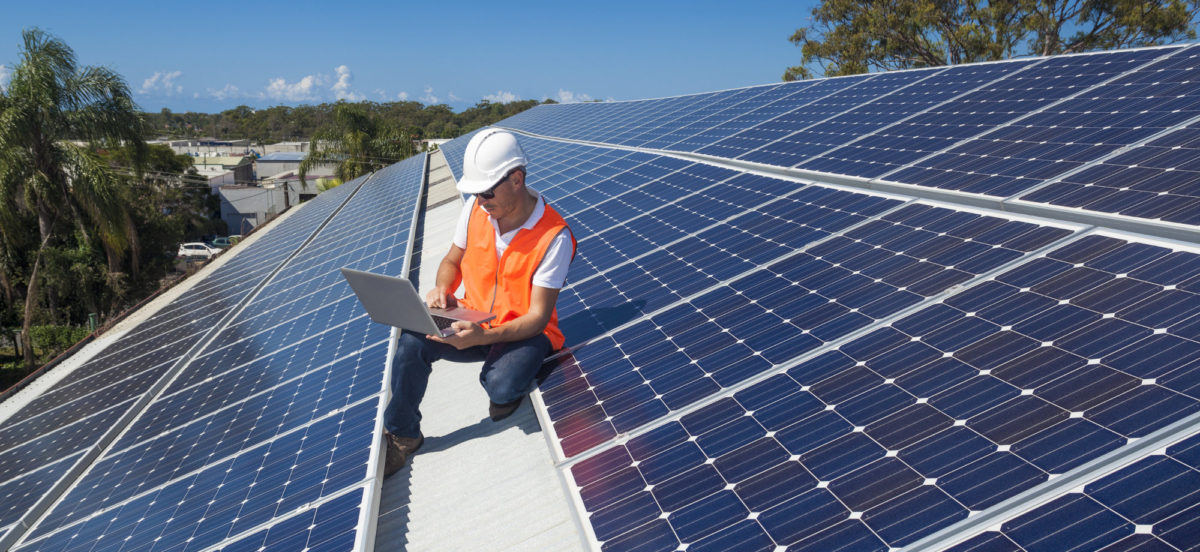After the July quota providing a rebate of up to $2,225 for PV system installation was filled in just three days, industry bodies are calling for narrowing of the eligibility criteria to prevent boom-bust cycles. The Clean Energy Council (CEC) is the latest to voice its concern about the way the government’s landmark Solar Homes Program is currently being operated.
After fielding calls and emails from installers and solar businesses over the last few weeks about the effect that the government’s management of the program is having, the CEC has come up with key suggestion as alternative ways of managing excess demand. These include a reduction of the income threshold and a reduction of the property value threshold.
“While we support the intention of the program, it is obvious that the way it is being run is having a serious effect on the industry. Things need to change – fast,” said the CEC, calling for the government to commence a review of the program by the end of this week since the situation is expected to repeat in the August round.
The suggested changes to household income criteria were previously proposed by the Smart Energy Council (SEC) and industry group Solar Cutters. “Demand is strong which means the current scheme design is leading to disappointment for consumers, and threatens to damage hundreds of Victorian solar companies,” SEC said in an earlier statement, suggesting to lower the threshold for its Solar Homes program from $180,000 to $90,000 per household per year.
Echoing the suggestion for the income threshold reduction, Solar Cutters have launched a petition, which had more than 1,200 signatures at the time of writing. “The implementation of the Solar Victoria rebate and loan however has created significant impact on Victorian solar retailer and installation companies as only 3333 rebates are released each month, this has caused many business to terminate full time employees and possibly close businesses,” the group said.
Solar Cutters believe that the reduction in household income criteria will not affect the homes with an average annual income greater than $90,000, which are likely to continue to install solar power systems at the same rate as before the rebate, while it would create greater opportunity for low income households to install solar and reduce their electricity costs.
“The lower income houses would generally be purchasing cheaper systems using lower quality components and a lack of safety systems when installing,” the group said. “As Solar Victoria has a strong focus on quality and safety auditing we believe that this rebate will not only provide benefit to those that need it most but also target the sector of the solar industry that requires the most improvement in relation to sales tactics, safety and quality. ”
Under the second round of the Solar Homes Program, the Victorian government has introduced a quota with 3,333 rooftop solar rebates available each month with the goal to roll out the program safely and fairly. As expected, the revamped first-in best-dressed program attracted a lot of buzz in July after being originally oversubscibed and temporarily halted, and consequently led to extreme ups and downs in demand and supply.
This financial year, Solar Homes aims to support 49,000 installations, including 42,000 rooftop solar systems on 40,000 owner-occupied homes and 2,000 for rented homes, as well as 1,000 grants for retrofitted residential storage.
This content is protected by copyright and may not be reused. If you want to cooperate with us and would like to reuse some of our content, please contact: editors@pv-magazine.com.









1 comment
By submitting this form you agree to pv magazine using your data for the purposes of publishing your comment.
Your personal data will only be disclosed or otherwise transmitted to third parties for the purposes of spam filtering or if this is necessary for technical maintenance of the website. Any other transfer to third parties will not take place unless this is justified on the basis of applicable data protection regulations or if pv magazine is legally obliged to do so.
You may revoke this consent at any time with effect for the future, in which case your personal data will be deleted immediately. Otherwise, your data will be deleted if pv magazine has processed your request or the purpose of data storage is fulfilled.
Further information on data privacy can be found in our Data Protection Policy.